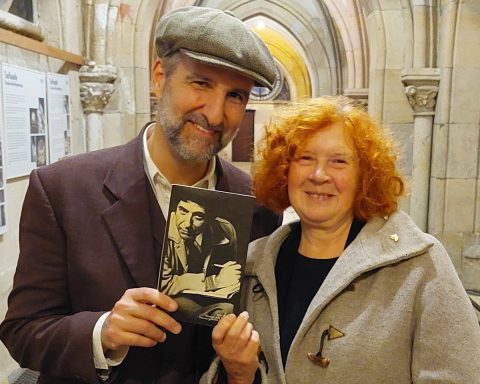A darkened stage breaks its stillness with the dissonant phrases of a quarter grand piano. Dim lights cast the figure of a woman lying on the floor of her living room. Her hectic energy hovers over the space.
The phone rings. The protagonist finds herself on the receiving end of two wrong-number calls. This small, seemingly unimportant event seems to leave her even more agitated. She is expecting a call from someone and does not wish the line to be busy. She hangs up. High pitched notes, repeated on the piano, reproduce the sound of the telephone ringing. At last, the so-desired phone connection. On the other side is her ex, who is getting married the next day.
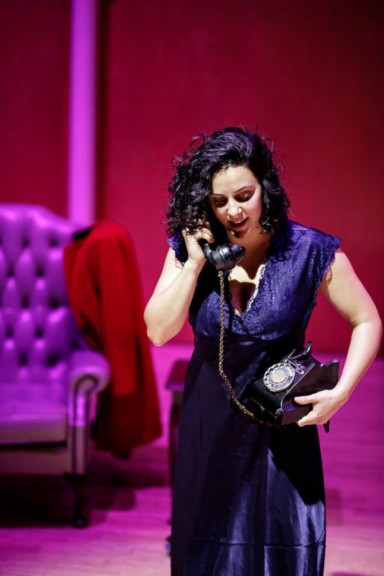
So begins La Voix Humaine, the one-woman opera presented at Theaterhaus Schille on the 5th and 6th of March. Portuguese soprano, Filipa Portela, and Brazilian pianist, Paulo Almeida perform this interpretation.
Portela was born in Avis and completed her studies at the Royal Conservatoire of Scotland under Helen Lawson. She took first place at the 19th Estoril Interpretation Competition in 2017. Since then she has performed as soloist at various music festivals in Lisbon and elsewhere. She has shared a stage with the chamber orchestras of Cascais and Oeiras, and with the Philharmonic Orchestra of Beiras.
Jean Cocteau wrote La Voix Humaine in 1928.
It was performed as a play for the first time in 1930 at the Comédie-Française. However, the piece premiered as an operatic monologue only in 1959, at the Opéra-Comique in Paris. Cocteau and the piece’s composer, Francis Poulenc, strove to eliminate any unnecessary artifices. This is seen in both the written play and in the instrumental composition. This was done specifically to seek the most organic expression of emotions. It translated into a one-act opera, set in a single room, accompanied by an orchestra of modest dimensions.
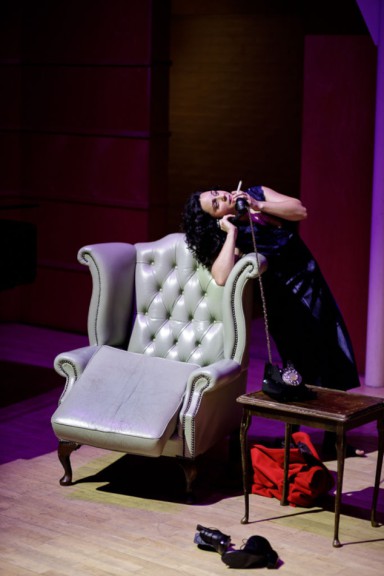
Over the years, this mono-drama has been presented and interpreted its fair share of times. Roberto Rossellini directed the film adaptation in 1948. It was more recently adapted into a composition just for piano. This version is the one presented in Leipzig under Portela’s own direction. At the opera’s premiere, at the Edinburgh Fringe Festival in 2019, her interpretation earned 4 and 5 star reviews. Indeed, with Portela we are not only witnesses. Instead, the emotional states aroused in Elle, the female character, carry us along as she speaks on the phone. We access this dialogue only through the heroine’s voice. A voice that fluctuates around moments of denial and attempts to bring back joyful memories.
The pain of separation and the sorrow of an unrequited love.
There is a moment of self-commiseration that is hard for the viewer to digest. An exasperation that finds no atonement but in a confessed suicide attempt.
In La Voix Humaine the piano has an entity of its own, accentuating the dramatic plot. Sometimes, one suspects, it functions as a subtle suggestion of the replies heard from the other side of the phone. There is a certain ambiguity about the outcome for Elle. The instrumentation often anticipates this through dissonance and off-putting, diminished chords.
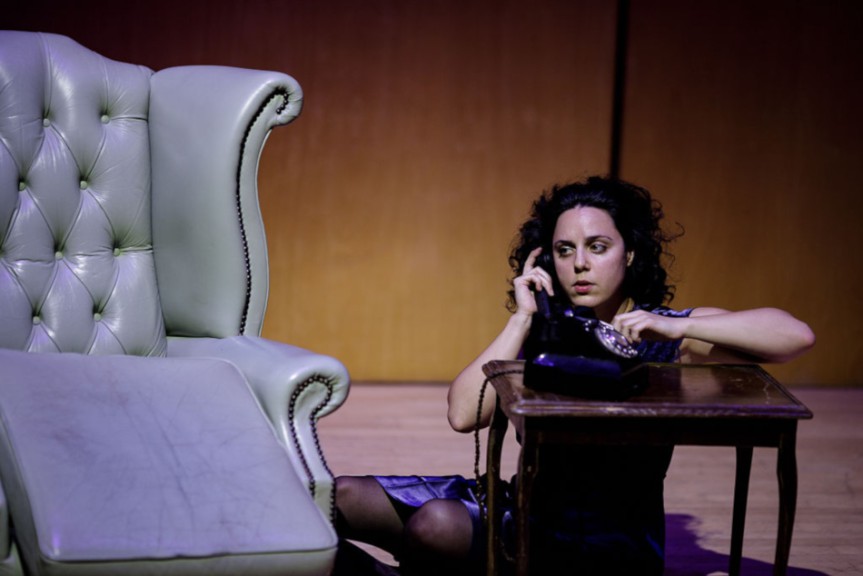
After the forty-five-minute piece, we are left stripped and emotionally drained. Forming within ourselves a rapport of sorts with the female voice to whose dramatic narrative we just bore silent witness.
This is largely due to Filipa Portela’s masterful performance. La Voix Humaine is a highly demanding piece, both in its technical and emotional subtleties. It ranges from delicate, speech-like passages to powerful arias of emotional climax. Portela epitomizes, with outstanding virtuosity, the grief and despair of a painful separation.
The lyric tragedy ceases, but this human voice still echoes in our bodies. A last, desperate attempt to reach out to our deepest human psyche.

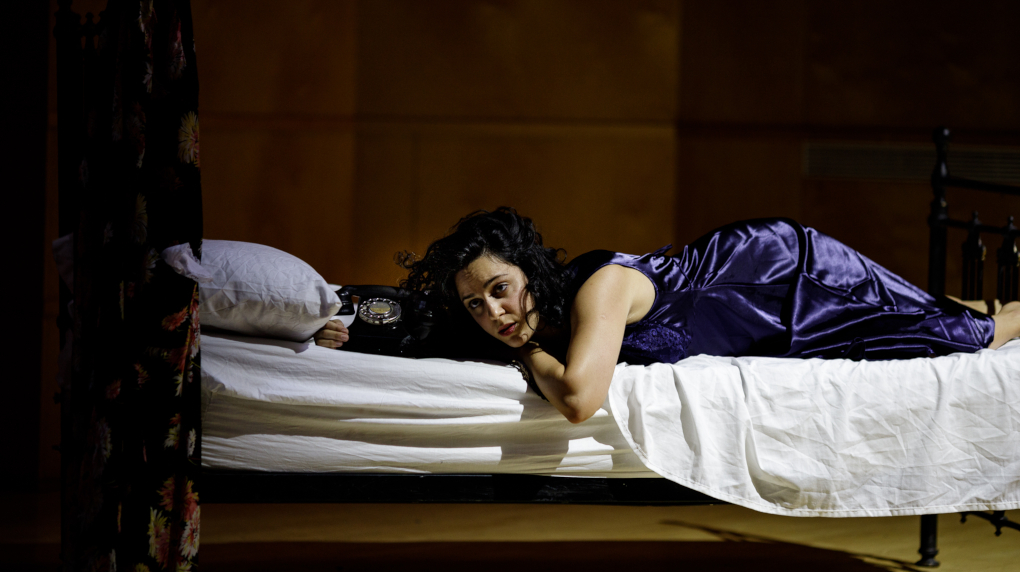

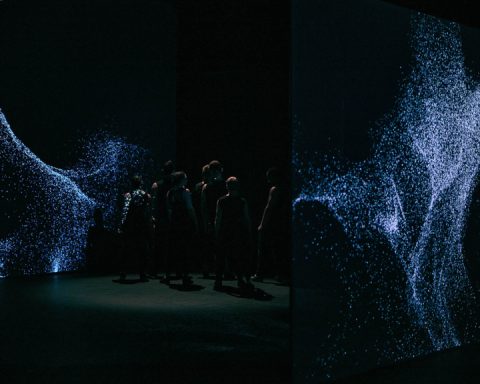
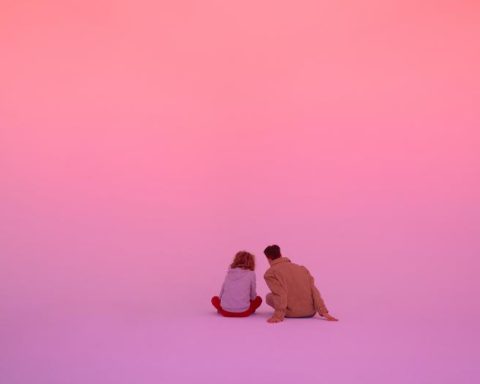
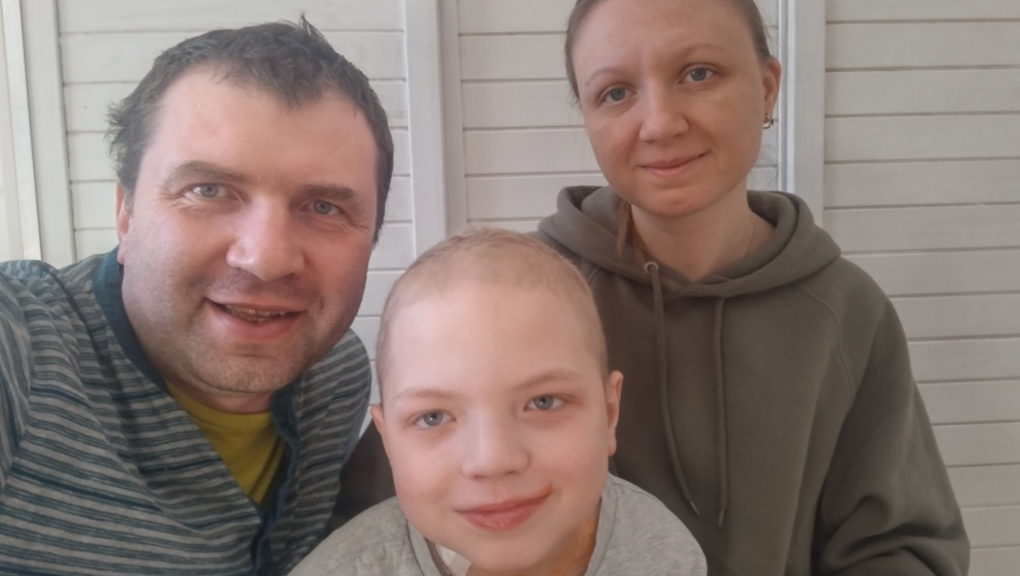



![Wine & Paint event on 9 Nov. 2024 at Felix Restaurant, Leipzig. Photo: Florian Reime (@reime.visuals] / Wine & Paint Leipzig](https://leipglo.com/wp-content/uploads/2024/12/pixelcut-export-e1733056018933-480x384.jpeg)
